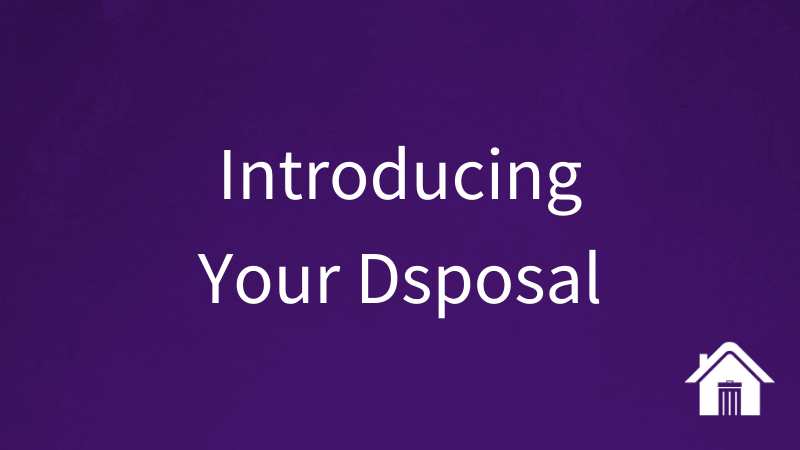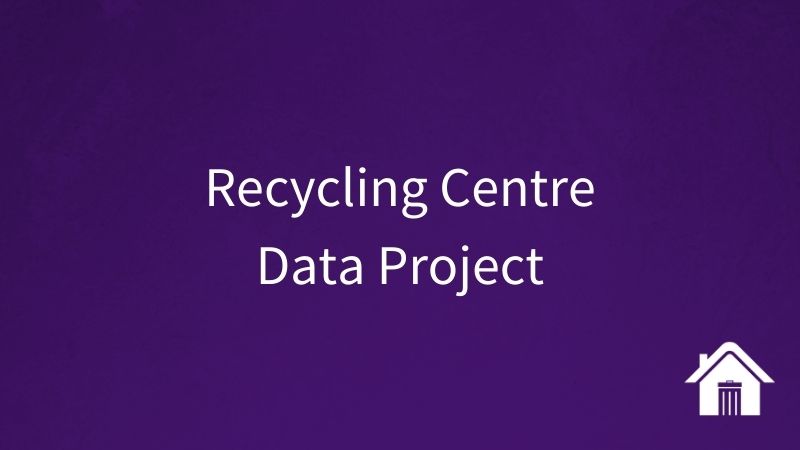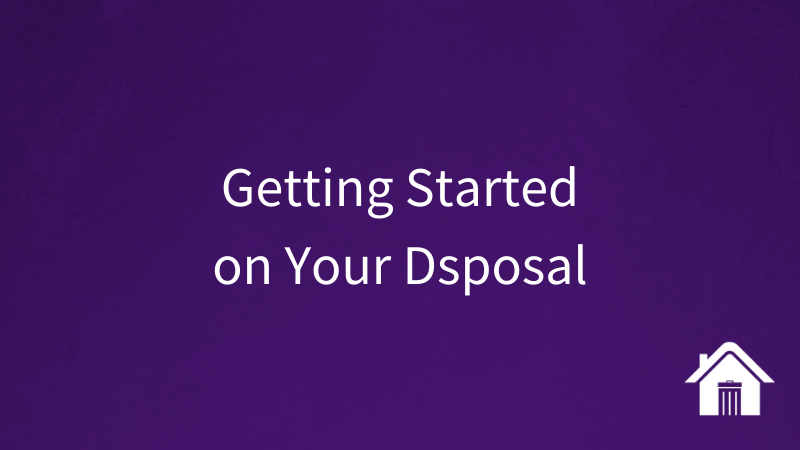
We’re about halfway into our Household Waste Recycling Centre (HWRC) open data standard project funded and supported by the ODI. We’ve held our first set of stakeholder workshops and this blog post is to update you on what we’ve learned so far and what’s next.
We had six workshops over 4 weeks and had 37 stakeholders take part. We had participants from local authorities, waste operators, environmental consultants, academia, compliance schemes, and the third sector. We also had representation from each of the four nations and even some participants from further afield.
We started each session with a quick presentation of the project and you can view the slides.
The workshops were incredibly helpful to us. They’ve refined, pushed and developed our thinking about the standard. They’ve helped us understand other ways that this open standard and open dataset could bring value to various elements of the ecosystem that operates around HWRCs. Jamie Whyte, from Open Data Manchester, who is working on the project with us commented how blown away he was by the engagement, generosity and passion by people in this sector. Jamie has experience of working on all sorts of data projects and said its often not like that and it makes working on this project so much more enjoyable.

The Activities
The activity we started most the workshops with was a ‘Data Ecosystem Mapping’ exercise. We learnt this technique from a workshop we had with the ODI and you can find information about it from the ODI website.
An ecosystem map allows us to plot out the key actors, technologies and flows (of data, value, power, anything you like really) as well as blockers and opportunities in a data ecosystem. Our data ecosystem is HWRCs and what we realised from the mapping was that in essence the map can be split into two areas with local authorities* at the centre. (*we use the term local authorities for simplicity but realise that there is quite a lot of complexity here – waste collection authorities, waste disposal authorities, unitary authorities etc).
On the one side data flows towards residents/householders going through various intermediaries and technologies some managed and controlled by the local authorities, some intercepting this data and presenting it without oversight from the local authorities. On the other side data flows out of the local authorities towards regulators and central government, again via intermediary technology, namely Waste Data Flow.
For the purposes of this project we are focussing on the data flow between the local authorities and the public, but these learnings have helped us start to map out a roadmap for further development.
Our second activity was putting ourselves in the shoes of major stakeholders and write out virtual sticky notes of questions they may ask. Our stakeholder groups were:
- The Public
- Local Government
- Industry (this included trades people, waste companies, retailers)
- Regulators (including central government)
We also then added the following when suggested by workshop participants:
- Charity/Third Sector
- Elected Members (as it was felt they had a different take than the local authorities)
We then took these questions and mapped them against the ‘Octopus’ – Tom’s initial mapping of the data fields that would ideally be included in the open data standard – so we could see if these questions could be answered by these data fields. We had a special section for questions that could be answered.
One learning for us was that 6 was too many workshops to do the same activities. So, in the last two workshops we asked participants to take part in journey mapping exercises. In workshop number 5 we did this based on user personas we’d created, but even though some useful insights emerged we felt the activity was lacking so we revised it for the final workshop to ask participants to create a user journey map based on scenario that was familiar to them. This worked a lot better. We ended up with some fascinating journeys from really different angles.
You can take a look at the workshop outputs on the following Miro boards. Don’t worry you can’t mess them up, we’ve locked them, but you can add comments and we encourage you to do so:
https://miro.com/app/board/o9J_kmnqPJs=/
Aha! Moments
The main reason for the workshops wasn’t aha moments, and was instead to give us the foundational knowledge needed to create the first version of the open data standard which would reflect reality as accurately as possible and be as useful to as many stakeholders as possible as early as possible. And they definitely did that.
But there were a few notable lightbulb moments we think it’s worth sharing:
- The data ecosystem around HWRCs is bigger and more complex than we’d thought
- HWRCs accept almost all waste types from households, but only recycle certain waste types, and sometimes the lists of accepted materials on the council websites is the recycled materials not the accepted materials
- That it is hard for a lot of local authorities to get control over their presence on things like Google and correct inaccurate information
So, What’s Next?
Well like we said, the ecosystem is larger and more complex than we’d initially thought and that’s also true for certain pieces of the data puzzle. With the country contending with the second wave of Covid-19 and the pressures that puts on the public sector and the waste industry we decided to delay the second batch of workshops (they should have been at the end of November). This gives Tom and Jamie to spend longer working through the difficult bits and get further along with the first draft of the open data standard. We’ll be running workshops to review this work in the new year.
We’re also busy working on our development roadmap so we can prioritise and plan the next stages of the open data standard and the open dataset. We’re already having some really fruitful discussions that have come out of the workshops which look like they’ll be the start of some of these further developments and may become some of the initial use cases for the open standard and open dataset.
It’s early days on these, but in summary we’re looking at working with Open Street Map to add HWRC data to their platform and these discussions have also led to conversations with Microsoft Bing Maps who are keen to imbibe this information into their maps.
We’re also speaking to OPRL about how they can utilise the standard and dataset for the benefit of their organisation and their members.
It’s so exciting to see these use cases emerging and to see how much potential there is in the development of this standard and dataset. If you have any ideas about how the standard can help you or ideas for things you’d like to develop on it we’re really keen to hear from you.
Want to get involved with the Open Waste Data Standard?
We hope you do. There’s a number of ways to take part:
- Get in touch and be part of our stakeholder group – we’ll be holding virtual workshops and asking for your input and feedback (head to our contact us page)
- Join the conversation on social media by using #OpenWasteData and tagging @YourDsposal
- Get stuck in on GitHub


